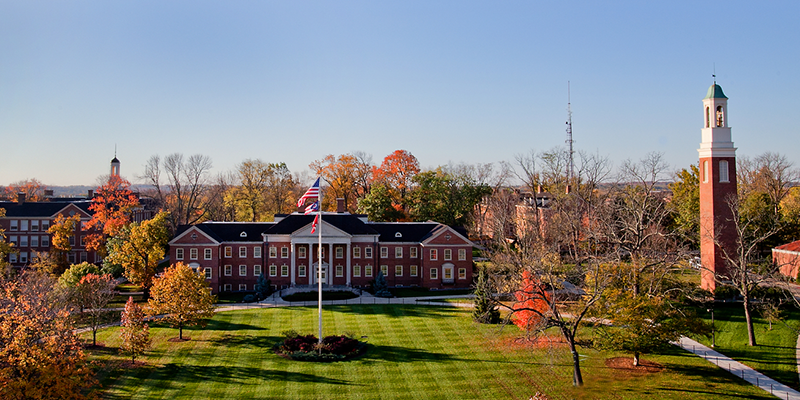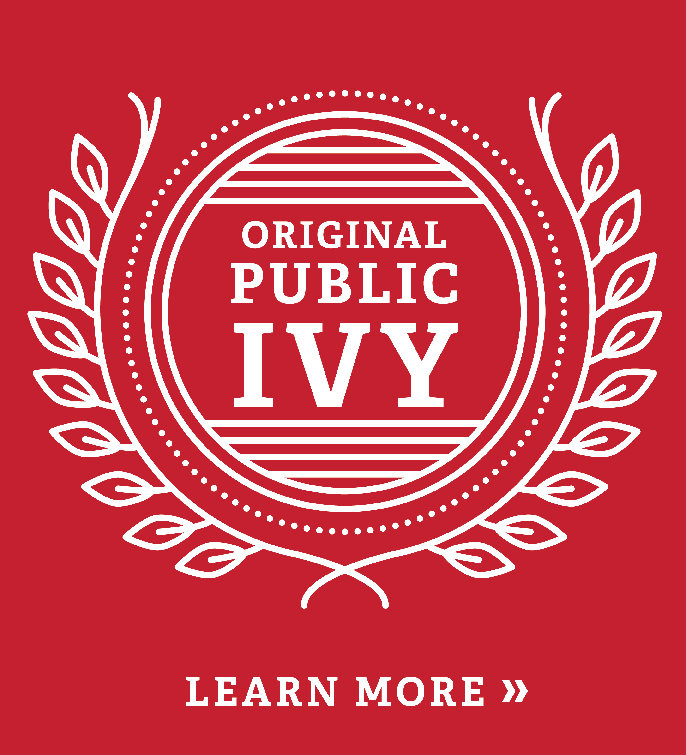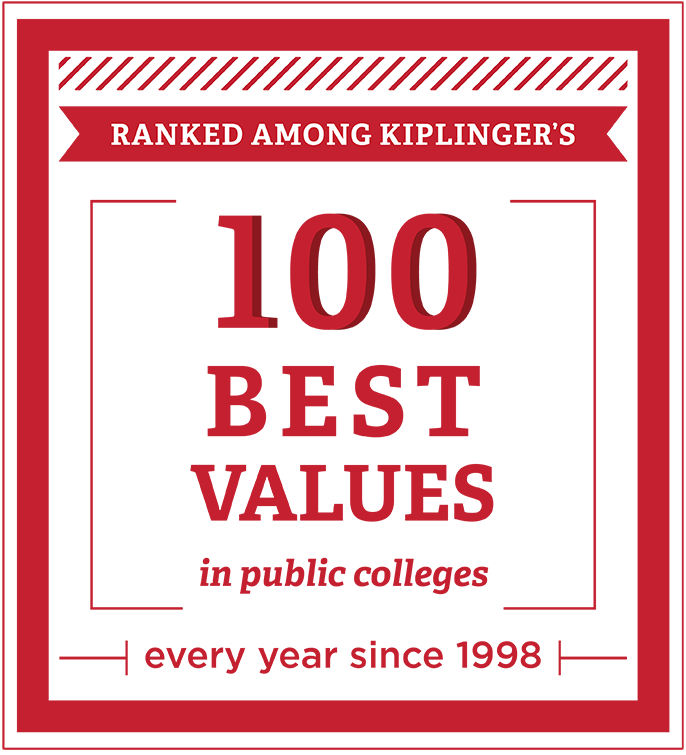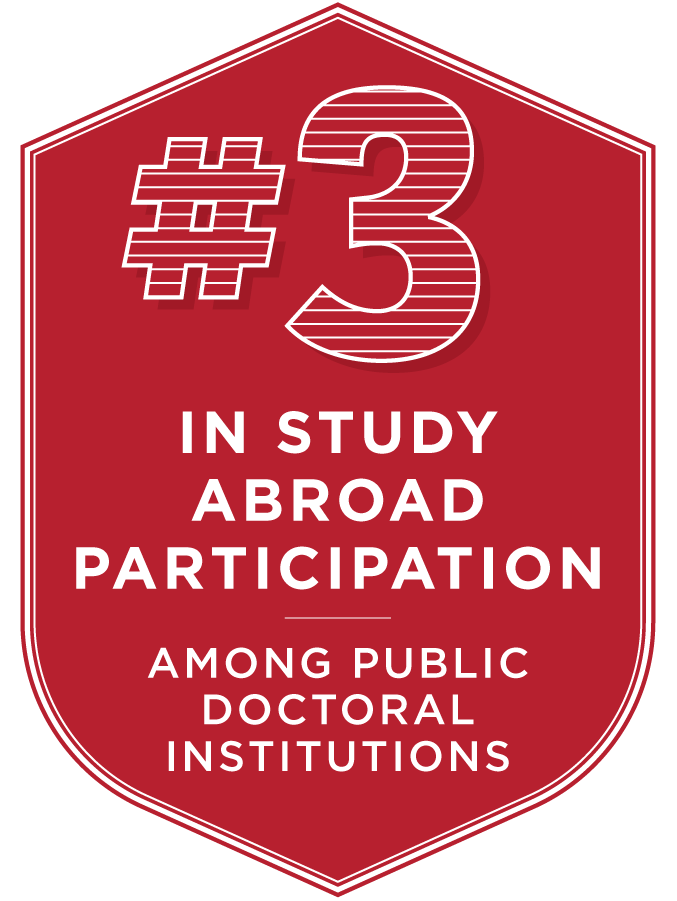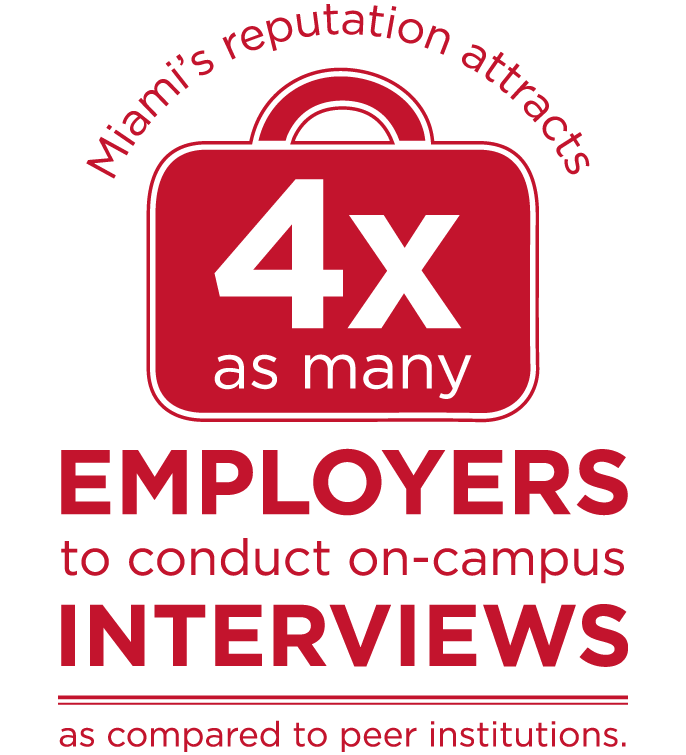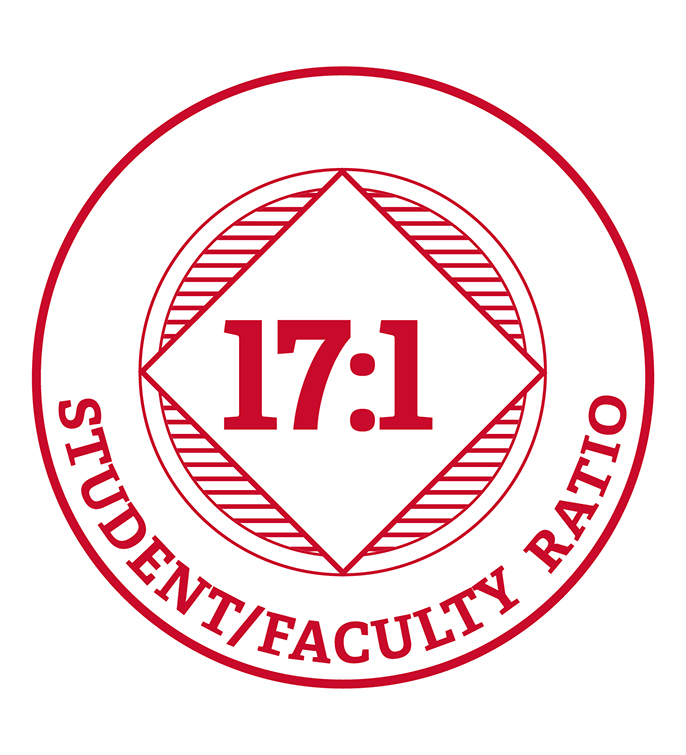Annual Address 2014
David C. Hodge
September 3, 2014
Liberal Education
First, we have a clear commitment to liberal education as the foundation for learning—and for life. There is great misunderstanding of what a liberal education is and its relationship to careers. This has led to many dismissing the importance of a liberal arts education. What a mistake! Time and again, research and reality have shown that a liberal education creates graduates who are adaptable, have more options throughout their careers and lives, perform better, are more innovative, and have more capacity and motivation for life-long learning. And, by the way, they tend to be more active and thoughtful citizens.
Recent surveys show that employers overwhelmingly view most highly those skills that are at the heart of a liberal arts education: critical thinking, effective communication, and the ability to solve complex problems collaboratively. Above all they value creativity, which benefits hugely from a liberal education that exposes students to multiple “ways of thinking and knowing.” At Miami we place a huge emphasis on writing, which is reflected in this new publication that was prepared by students. [http://writingcenter.lib.muohio.edu/writing-at-miami/]. We emphasize writing not only to develop the ability to communicate effectively, but also recognizing that good writing and good thinking go hand in hand. As David McCullough put it, “Writing is thinking. To write well is to think clearly. That’s why it is so hard.”
Engaged Campus
Second, we approach teaching and learning through the lens of an engaged campus. We advanced this pedagogy through the Top 25 initiative that developed active, inquiry-driven, student-centered approaches to our curriculum. We also recognize, though, that the curriculum is embedded in a larger learning/discovery context. We stress the teacher-scholar profile for our faculty and the importance of research that goes beyond the classroom for our students. As described by the Unifying Goal of Miami 2020, we “promote a vibrant learning and discovery environment that produces extraordinary student and scholarly outcomes.”
We have significantly grown the opportunities for our students to work with faculty on their research, and we have just opened our new Office of Research for Undergraduates in King Library along with a creative “Advanced Inquiry Space” [www.MiamiOH.edu/ORU—note, website will be active by 9/15] to facilitate collaborative, innovative work.
Student Success
Third, we are intensely focused on student success. The commitment to student success is embedded in every fiber of Miami. We innovate, we collaborate, and we measure across all dimensions of the university. We recognize that more than ever, student success depends on all aspects of the student experience, and that our ability to coordinate effectively across these dimensions is critical. We have formalized this commitment in Miami 2020 by creating the Division of Enrollment Management and Student Success. This division combines all of our admission and enrollment management activities with basic student services—financial aid, the bursar, and the registrar. It is responsible for coordinating and stimulating improvement in activities across the campus that affect student success.
Recognizing the often close connections among financial aid, bursar, and registrar, a new “One Stop” service center that provides students with a single point of contact for help in any of these areas will be opened on the Oxford campus later this fall. The Center will also provide a team of individuals who will help students who are confused about declaring a major or are in some way struggling to achieve success at Miami. It will provide a single point-of-contact who will identify the additional resources needed for these students to be successful.
Community and Service
Fourth, we achieve this success in a significant way because of the importance we place on community. As we state in the mission, “As an inclusive community, Miami strives to cultivate an environment where diversity and difference are appreciated and respected.” A strong community is a welcoming community. A strong community does not merely tolerate or accommodate differences—it seeks them out, because a diverse community enriches everyone who is part of the community while offering opportunity for those who join. A diverse community is vibrant with ideas and customs and interactions that can change how we think about the world. And living and working in a diverse community better prepares our students for the world in which they will live and work after graduation. It is imperative that we do all we can to recruit, support, and retain diverse students and colleagues.
The spirit of the community is made up of the spirit of individuals. The welcoming, engaging spirit of Miami was never more obvious than the week of our two move-in days. It was amazing. Helping were student groups, community groups, and the energizing participation of Miami staff who volunteered to lend a hand, literally, to parents and students. I especially want to thank the staff for their hard work and incredibly encouraging welcome. Cars/vans/trucks were unloaded and all those boxes and other “stuff” carried to rooms quickly and cheerfully.
Efforts such as these are why Miami has an incredible reputation for its personal touch, for its level of caring. Every other year we take special note of that commitment and caring by recognizing no more than two individuals with the Distinguished Service Award. The award is made to individuals who have made a significant impact on the life and mission of Miami University for their service to students, a specific department, division, or campus, or to the University as a whole. I am delighted to have the opportunity today to present these awards to two such outstanding individuals. Would you please join me in welcoming to the stage Becky Dysart and Kip Alishio.
Kip Alishio has been the director of Miami's Student Counseling Service (SCS) for more than 20 years. He has been a tireless advocate for the mental health needs of students, and his leadership of SCS has had a huge impact on the office's ability to serve students effectively.
Becky Dysart has been the director of staff development in human resources since 2008, where she has championed efforts to provide more and varied opportunities to all staff. Most recently she has led the development and implementation of Lean training—including introducing new employees to the concept, leadership training, and a certification program that takes two to three years to complete.
Thank you, Becky and Kip!
Engaged Citizenship
Finally, as a public university, Miami “empowers its students, faculty, and staff to become engaged citizens who use their knowledge and skills with integrity and compassion to improve the future of our global society.” Ultimately our success is not judged by who we are—though that matters—but by what we do, and in a bigger sense, what our graduates do. Our primary mission is to prepare graduates who can and will impact the world. We work to graduate individuals who act with integrity and forethought, who can think critically and creatively about the world around us, and who embrace the challenge of being responsible, engaged citizens.

